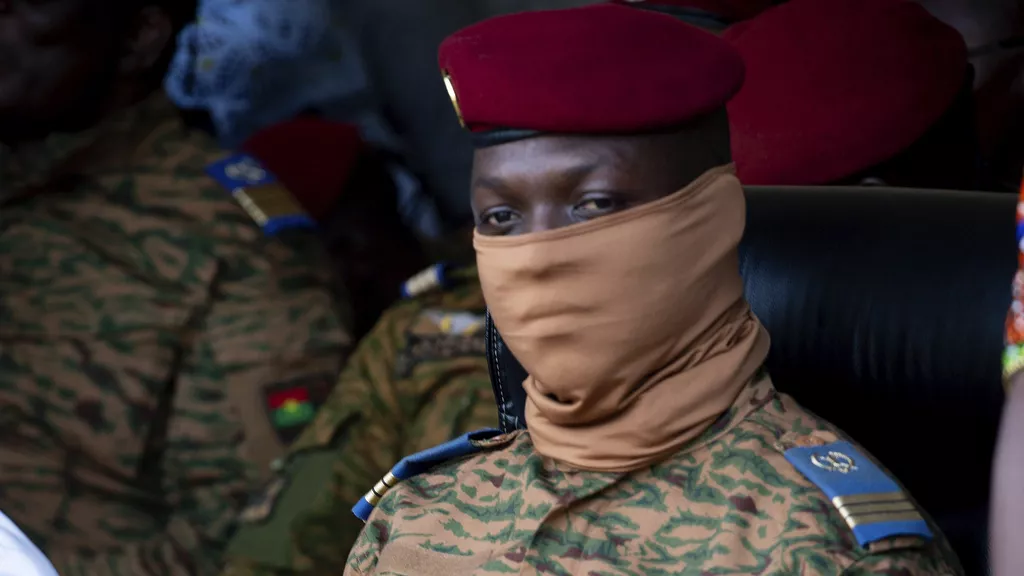Burkina Faso: Military Junta suspends Voice of America
3 min read

Burkina Faso’s military government has imposed a three-month suspension on the U.S.-funded broadcaster Voice of America (VOA), following remarks related to the ongoing militant insurgency in the Sahel region. This decision, announced on Monday, includes a ban on local media using international news reports.
The junta, which took power in a coup in September 2022—marking the second coup of that year—has increasingly shown intolerance toward criticism as the security situation in the country deteriorates. Despite initial assurances to tackle the insurgency, military leaders are now facing mounting frustration over their inability to protect citizens effectively.
The Superior Council for Communication (CSC) accused VOA of undermining the morale of Burkinabe and Malian troops during a broadcast aired on September 19. The council took issue with the reporter’s characterization of a recent attack in Bamako as “courageous” and claimed that security operations were being unfairly criticized. Furthermore, the CSC cited an unverified death toll from an August attack in Burkina Faso that resulted in numerous fatalities.
In its official statement, the CSC declared, “All synchronization of national media with international media is suspended until further notice.” As of now, VOA has not issued a public response to this suspension.
Burkina Faso is one of several Sahel countries grappling with violence from insurgent groups linked to al-Qaeda and ISIS. This violence has spread from neighboring Mali since 2012, resulting in thousands of deaths and the displacement of millions. Public dissatisfaction with the government’s failure to ensure security has contributed to military coups in Mali, Burkina Faso, and Niger since 2020.
Earlier this year, Burkina Faso temporarily suspended VOA along with other international broadcasters, including BBC Africa, following a Human Rights Watch report that accused the military of extrajudicial killings—a claim that the government has firmly denied.
In September, the CSC also revoked the radio frequencies of France’s RFI, which is known for its extensive coverage of the Sahel, without providing a clear explanation.
The recent suspension of VOA highlights the increasing threats to media freedom in Burkina Faso. Journalists and news organizations have faced heightened scrutiny and pressure from the military government, which appears intent on controlling the narrative surrounding the ongoing conflict. The situation reflects a broader trend of declining press freedom in the region, as governments struggle to manage public dissatisfaction and unrest.
Critics argue that such actions undermine the vital role of a free press in holding governments accountable, particularly in times of crisis. The limitations imposed on media reporting not only hinder the flow of information but also impact the public’s understanding of the complex security situation in the Sahel.
As the junta continues to clamp down on dissent, the implications for civil liberties and freedom of expression remain concerning. The international community has called for greater respect for press freedoms, urging the Burkina Faso government to allow independent journalism to flourish, particularly in a context where accurate reporting is crucial for public awareness and accountability.
In summary, the suspension of Voice of America by Burkina Faso’s military government serves as a stark reminder of the escalating tensions between authorities and the media. As the conflict in the Sahel continues to evolve, the ability of journalists to report freely on the situation will be crucial in shaping both public perception and policy responses to the ongoing crisisY.